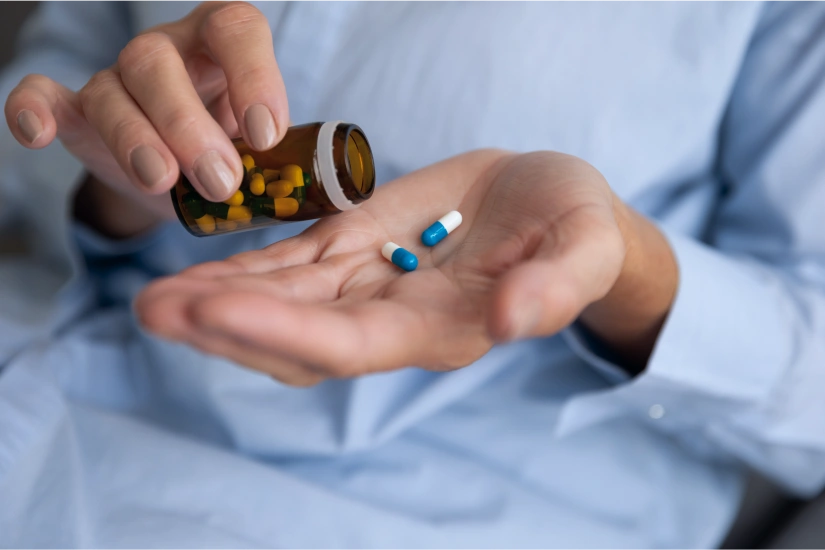24/7 Helpline:
(866) 899-221924/7 Helpline:
(866) 899-2219
Learn more about Prescription drug Rehab centers in Fort Payne
Prescription drug Rehab in Other Cities

Other Insurance Options

BlueShield

Amerigroup

WellPoint
Beacon

UMR

Magellan

EmblemHealth

BHS | Behavioral Health Systems

BlueCross

Coventry Health Care

ComPsych

United Health Care

Magellan Health

Multiplan

State Farm

MVP Healthcare

Access to Recovery (ATR) Voucher

Evernorth

Sutter

Humana

CED Mental Health Center
CED Mental Health Center is an outpatient treatment facility that provides behavioral health service...









The Bridge
The Bridge is an outpatient facility that offers treatment for male and female adults that have a su...
